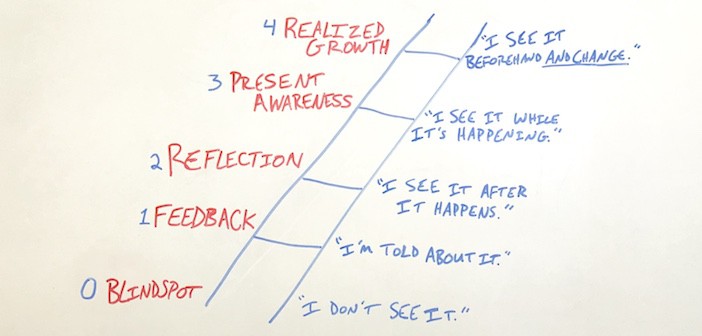If you’re like most church leaders, you probably wouldn’t describe your team as dysfunctional. After all, it’s been a while since someone yelled in a meeting or started a fistfight. But dysfunction and disagreement are not nearly the same thing.
Most ministry teams “play nice” but they don’t “win together.”
A winning team is able to withstand tension with the understanding that everyone is pulling toward the same mission. An unhealthy team avoids conversations because they might create dysfunction. That is clear evidence that dysfunction already exists. Hard conversations don’t create it. They only expose it.
[Tweet “Most ministry teams “play nice” but they don’t “win together.””]
Efforts toward unity always begin with a feeling of disunity.
On most church staffs, everyone has become perfectly fine operating from different pages. Dysfunction lies dormant well beneath the surface. Yet when you try to unify people around a single mission and strategy, people begin defending their individual plans. You’re truly not creating disunity in those moments. You’re only bringing it into the light. Once it’s on display, you can begin to address it.
So how can you tell if dysfunction is lying dormant on your team? Here are three warning signs to look for:
1. Tense conversations are quickly cut off.
Ecclesiastes 4:12 says, “A cord of three strands is not quickly broken.” United those strands can withstand the tension placed on it. If your team cannot work through moments of tension, it is only loosely bound at best.
When conflict arises in meetings is it quickly cut off or shut down? Do people lean into the tension or try to avoid it?
2. Ministry leaders don’t plan together, they schedule together.
There is a big difference between truly planning together across departments and simply ensuring your event dates do not conflict. Scheduling together is tolerating. Planning together is unifying
When was the last time your entire team truly collaborated on a single initiative?
3. Everyone stays comfortably on their own turf.
Winning teams work together. Dysfunctional teams work in the same office. Healthy team members shares resources, recruits volunteers for each other, and pull out-of-department team members into meetings for fresh input.
Do the people on your team contribute across departmental boundaries?
[Tweet “Winning teams work together. Dysfunctional teams work in the same office.”]
If you recognize one or more of those warning signs, don’t wait to address the dysfunction on your team. Here are three steps you can take:
1. Embrace the hard conversations required of unity.
Most of the people on your team want to lead people to life change. They just have individual beliefs about how that is best done. Create conversations that truly clarify the “win” for your church. Then expect disagreement and tension to follow. End tough conversations by reminding everyone that this level of conversation is actually healthy.
2. Talk about philosophies more than practices.
No one wins an argument that pits Sunday School vs. Small Groups or Hymns vs. Hillsong United. If you start by talking about practices you’ll get nowhere fast. Instead, uncover each person’s beliefs about what it takes to lead people closer to Jesus. Understand the philosophy of ministry each brings to the table. There you’ll uncover common ground from which you can begin to build shared practices.
3. Spend more personal time with each team member.
In a season of developing unity, it’s important to get to know each person’s heart and let them see yours. That is best done one-on-one without a detailed agenda. It’s easy to assume that a deep relational connection exists. But when you’re working through dysfunction, people need to know that you’re trying to build a healthy team for their benefit.
If this level of conversation sounds rare, it is because very few ministry teams experience this level of strength. The ones that do find themselves pulling in a unified direction and enjoying the journey together. Does this sound like the kind of team you want to lead? Lean into the conversations that unearth dysfunction and start taking steps to build a unified team that wins together.



